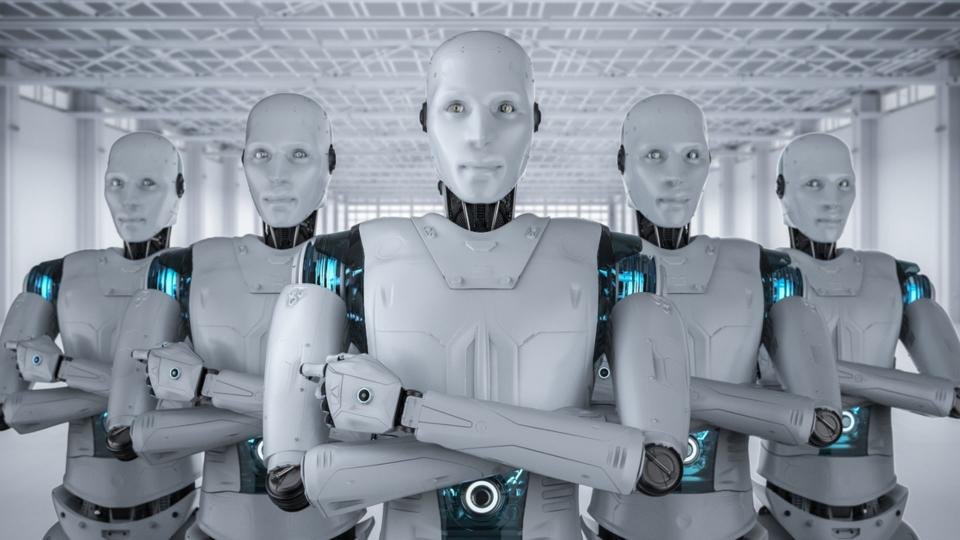Meta Platforms Inc. is expanding its focus beyond augmented reality and artificial intelligence, setting its sights on the next frontier: AI-powered humanoid robots.
Facebook’s parent company, Meta is investing in this space, to develop futuristic robots capable of performing physical tasks like humans. According to sources familiar with the matter, Meta has formed a dedicated team within its Reality Labs hardware division to spearhead the initiative.
While Meta plans to develop its humanoid robot hardware, its primary goal is to create the AI, sensors, and software that will power robots produced by various manufacturers. Initially, the focus will be on household tasks, but the long-term vision includes making these robots more versatile. Meta has started discussions with robotics companies, including Unitree Robotics and Figure AI Inc. However, it has no immediate plans to release a Meta-branded humanoid robot, which could directly compete with Tesla’s Optimus. That possibility, though, isn’t entirely ruled out for the future.
A Strategic Move into Robotics
 Humanoid Robots.
Humanoid Robots.
Meta’s push into humanoid robotics agrees with similar exploratory efforts by major tech firms, such as Apple and Google DeepMind. The company confirmed the formation of this new robotics team to employees on Friday. It will be led by Marc Whitten, the former CEO of General Motors’ Cruise self-driving car division, who previously held leadership roles at Unity Software and Amazon.
Andrew Bosworth, Meta’s Chief Technology Officer in an internal memo, stated that the company’s existing advancements in AI, hand tracking, low-bandwidth computing, and always-on sensors will play a critical role in robotics development. He emphasized that these technologies, already used in Meta’s augmented and virtual reality devices, could accelerate progress in the robotics industry.
Meta’s Competitive Advantage
While humanoid robot manufacturers have made significant progress in hardware, Meta believes its expertise in AI and data collection from AR/VR devices will help advance the field. Current humanoid robots struggle with basic household tasks such as folding clothes, pouring a glass of water, or loading a dishwasher—challenges that should be overcome for widespread consumer adoption.
“We believe expanding into robotics will add tremendous value to Meta AI and our mixed and augmented reality programs,” Bosworth stated.
Whitten, reporting directly to Bosworth, is expected to build a team of around 100 engineers this year to accelerate the project. Meta aims to play a foundational role in robotics, similar to how Google’s Android OS and Qualcomm’s chips revolutionized the smartphone industry.
Heavy Investment in AI and Robotics
Meta has been pouring billions into its Reality Labs hardware division, responsible for products like the Quest VR headset and Ray-Ban smart glasses. This year, the company plans to invest approximately $65 billion into AI infrastructure, Reality Labs innovations, and its new robotics venture.
Tesla CEO Elon Musk has touted the potential of his company’s Optimus robot, which is expected to cost around $30,000 and is set for limited production this year. Other companies, like Boston Dynamics, have already introduced robots for industrial automation. While many competitors are focusing on business applications, Meta is gearing up to bring humanoid robots into homes.
Humanoids share many similarities with autonomous vehicle technology, requiring advanced AI and massive datasets. However, while self-driving cars navigate standardized city streets, home environments vary significantly, making humanoid robots a unique challenge.
Meta plans to develop some of its hardware, integrate off-the-shelf components and collaborate with existing manufacturers. While the company’s main focus is on software and AI, prototyping hardware is crucial for testing before launching a full-scale platform. Even if Meta doesn’t release a branded humanoid robot immediately, its innovations could shape the entire industry.







No Comments